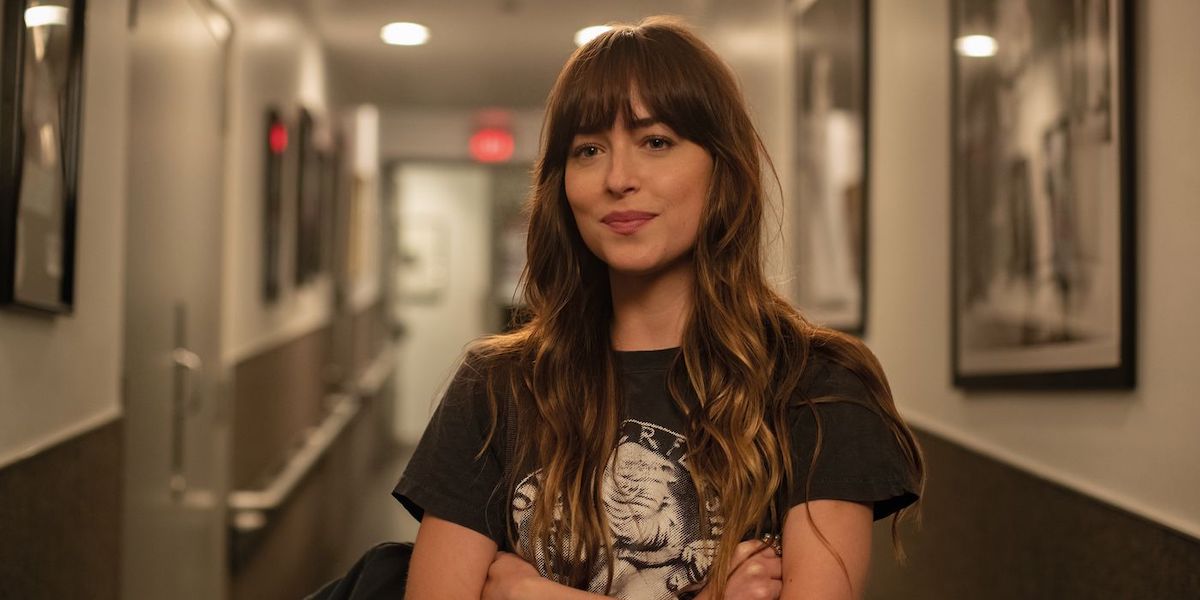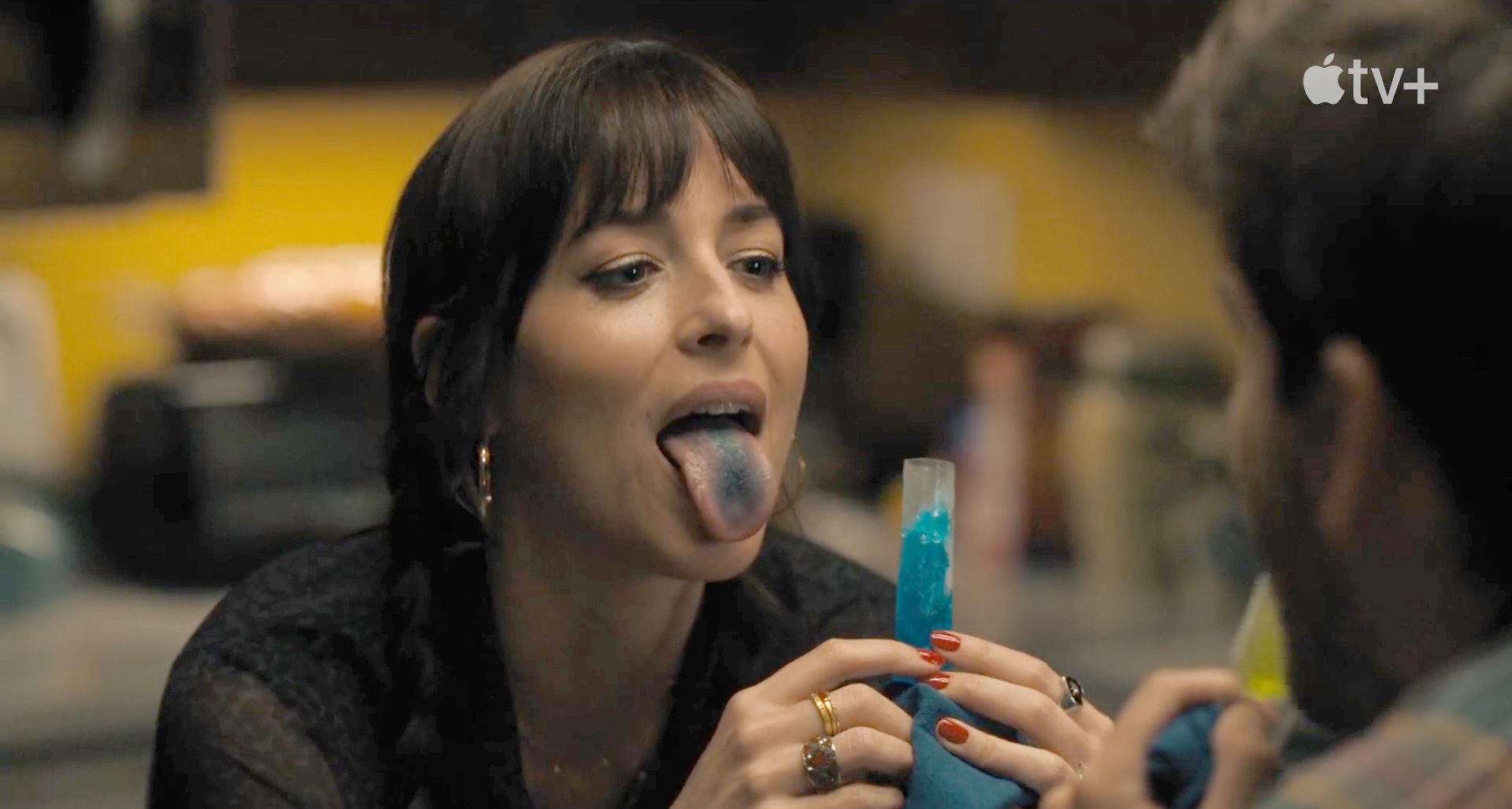Even Lesbian Dakota Johnson Can’t Make This Coming-Out Comedy Fun – Therealfeeds – It’s Unseen
It’s Pride month, which means that if you’re within 100 yards of an open bottle of Tito’s vodka or a DSW with a sale on Tevas, you’re liable to hear a coming-out story. And listen: Coming out is a process that looks different for everybody.
Some people have no problem coming out to their family and friends as soon as they’re sure of their sexuality. Others, like me, start crying before their clarinet lesson because they feel like they have to tell their mom something,
but can’t quite spit it out for another eight hours. Despite how far we’ve come with progressing collective social thought, telling your loved ones that you’re queer remains delicate.
For Dakota Johnson’s character, Lucy, in Am I OK?, it’s also insufferable. The new dramedy directed by comedian Tig Notaro and her wife, actress Stephanie Allyne (now streaming on Max) is a well-intentioned but grating look at coming out in your thirties.

Lucy is a textbook late bloomer who only finds herself admitting to her feelings for women when she has a drunken conversation with her best friend; turns out a booze-fueled safe space was all it took for her to drop the right hints. Lucy is 32, and the longer she’s held onto this secret, the more pathetic she feels for not just owning up to it as she’s gotten older.

While it’s really no big deal for someone to be figuring out their sexuality at 32, Lucy can’t seem to bear the anguish of starting down the path ahead of her. Life as a gay woman is filled with such crushing uncertainties as, “What app will I use to meet other lesbians?” and,

“Is my flirtatious coworker into me?” Of course, these are common concerns across the spectrum of queerness, but for Lucy—a grown adult with a cushy job, seemingly no family, and a whole-ass house in Los Angeles—they are somehow inflated into overwhelming anxieties.

Perhaps that’s screenwriter Lauren Pomerantz’s intention: showing viewers that coming out is a metamorphic experience, regardless of your age and privilege. But an emotionless screenplay,

tepid performances, and choppy direction muddle that sentiment beyond repair, turning Lucy’s relatable journey into an aggravating, myopic look at queer millennial entitlement.

If Lucy didn’t already dress exactly like a lesbian (a lot of beanies and caps), the fact that she recoils entirely when a guy tries to kiss her should be enough to tip her off. But even that isn’t all the proof that Lucy needs to own up to what she’s feeling internally.

She chalks her bad luck with guys up to wanting to take things slow in relationships, which Jane doesn’t buy. That’s why, when Jane tells Lucy about the time she kissed a girl they both knew in high school, Lucy seizes her moment to tell her best friend that she wishes she could make out with another woman too.

This scene is Am I OK?’s sole resonant moment, so it’s not great that it appears just 20 minutes in. But it’s nice that Lucy and Jane’s conversation—the most important exchange in the film—has flashes of realism embedded into it, the kind of little jokes and depressing admissions that two close friends only feel comfortable making when they’re alone with one another.
Jane reassures her friend that there’s no timeline for figuring out queerness, but Lucy remains defeated and confused. It’s daunting to think that you’ve spent so much of your life plodding down one road, when you could’ve been joyfully strutting down another. Having to change that course at 32 years old is even more frightening.










